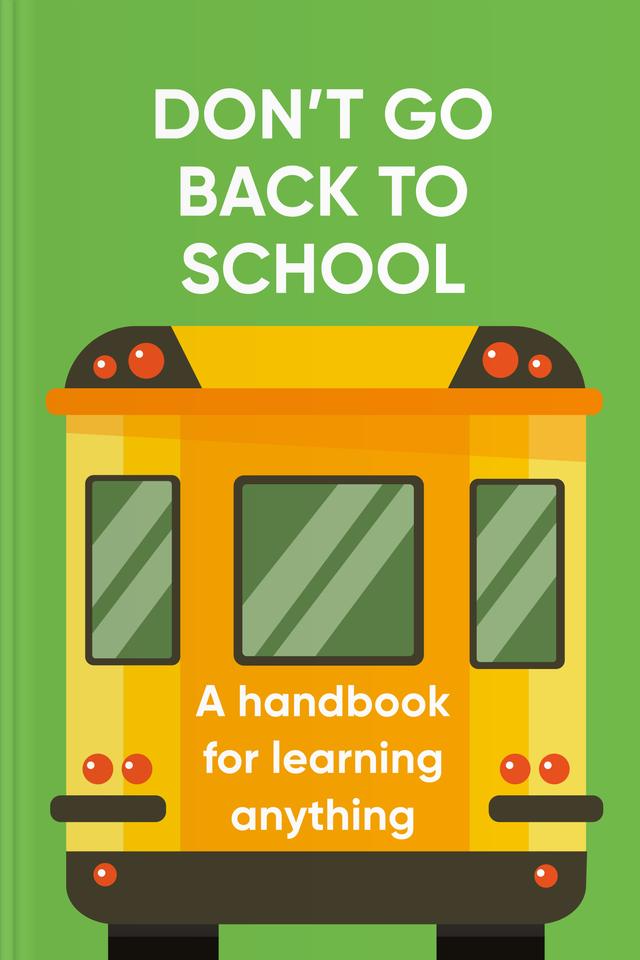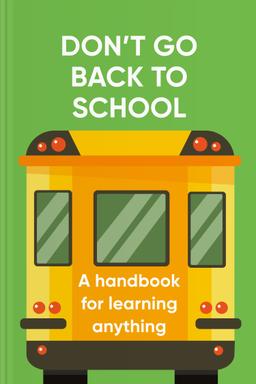You’ll learn
- About the benefits of self-education
- How to craft a learning plan
- Ways to find resources and mentors
- When curiosity turns into expertise
Protect the world’s peace. Donate to support Ukraine

first KEY POINT
Many people have incurred mountains of debt to get a college degree, hoping that a job opportunity will come along to help recoup the money invested. Unfortunately, such events remain elusive for many. It’s for that reason that many top-quality students are left with a massive amount of debt upon graduating and struggle to pay it back throughout their careers.
Shortly after the war, the GI Bill was passed, which allowed war veterans to start anew by having their college tuition covered by the Government. Subsequently, the number of US citizens with a college degree increased significantly.Additionally, more women began to attend college to secure better jobs. In a job market in which women were previously disadvantaged, many could carve a new career path by demonstrating aptitude through a degree.During this era, a college degree guaranteed higher earnings due to low loan debt, easy employability, and an overall increase in the value of a college degree. But that era is over; a college degree is no longer enough. There are crowds of people with the same qualifications in the job market, and coupled with the rising cost of education, competition, and low wages, repaying college loans is not easy.In any case, a college degree is not the zenith of educational qualifications and is becoming increasingly less necessary. Other credentials such as recommendations and portfolios have become more critical.A work portfolio is a perfect way to convince potential employers to hire you. It is as good as any college degree you can get. More and more jobs are found through networking, connections, and other associations. By knowing the personnel manager of a company, for instance, you can land a job just as easily as without a degree.
Don’t Go Back To School opens your eyes to the vast number of opportunities out there for anyone who doesn’t have a formal college education. Boosting your confidence, you’ll learn how to carve new chances to further your career, how to learn independently, and the importance of continued networking.Did you know? Analysis by Pew Research Center showed that around 31% of recent graduates were unemployed in the last half of 2020.
second KEY POINT
In colleges, teachers issue challenges and reward students with high grades for correct answers. This continues in the form of tests and exams until you achieve your degree. This method, however, is not always personally rewarding.The challenge and reward method can often be demotivating and cause many people to lose the passion to learn. The rigid nature of expectations and structures, in addition to fiercely contested rewards, confines and stifles curiosity. Not everyone learns in the same way. Not everyone enjoys the same thing. Learning has to be done because there is a desire to do so. But it can only be successful when the learning method connects with the individual concerned.The reward for passing the challenges posed by teachers in the form of correct answers is a degree, which is an external form of motivation.

Continue reading with Headway app
Continue readingfirst KEY POINT
second KEY POINT
third KEY POINT
fourth KEY POINT
fifth KEY POINT
sixth KEY POINT
seventh KEY POINT